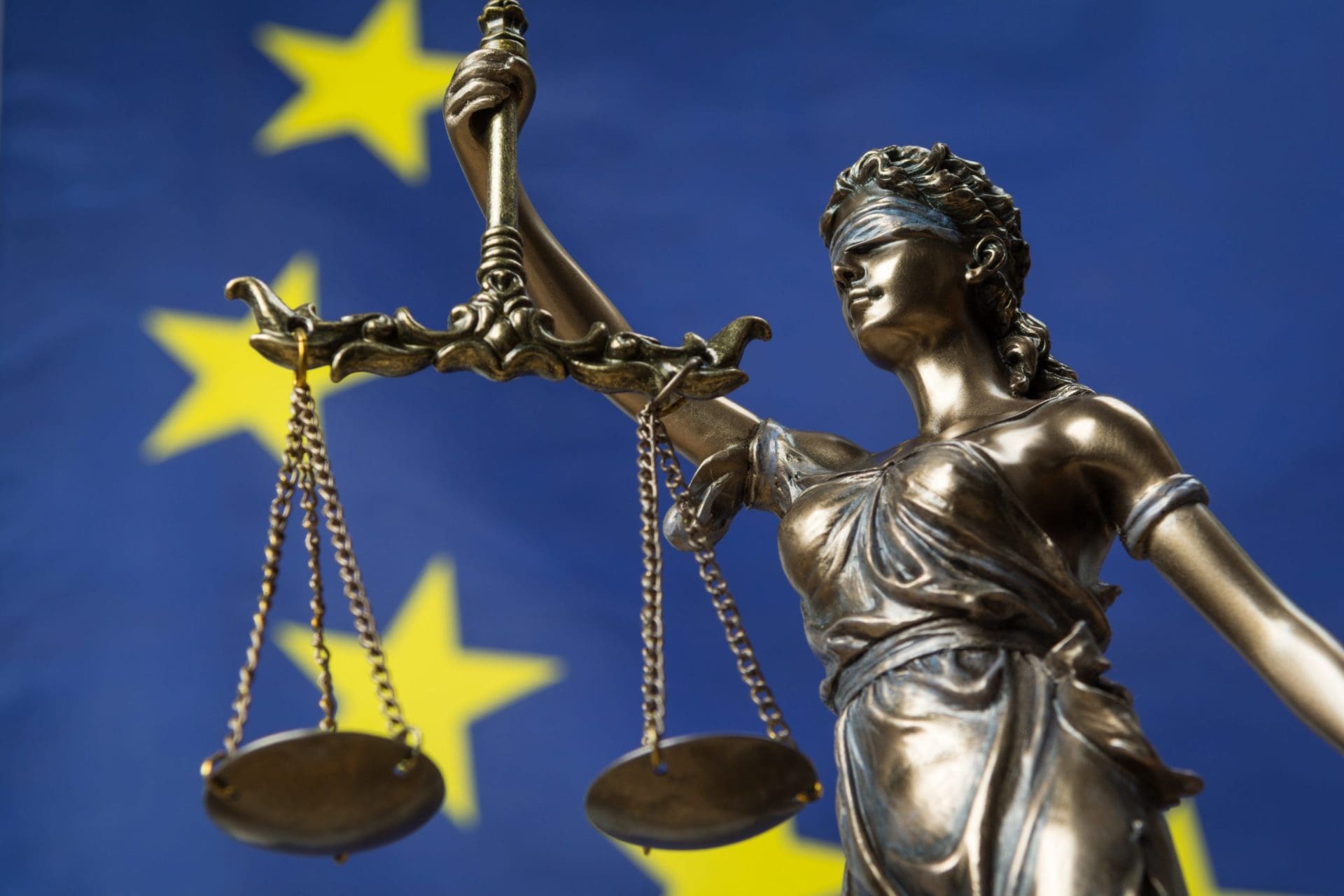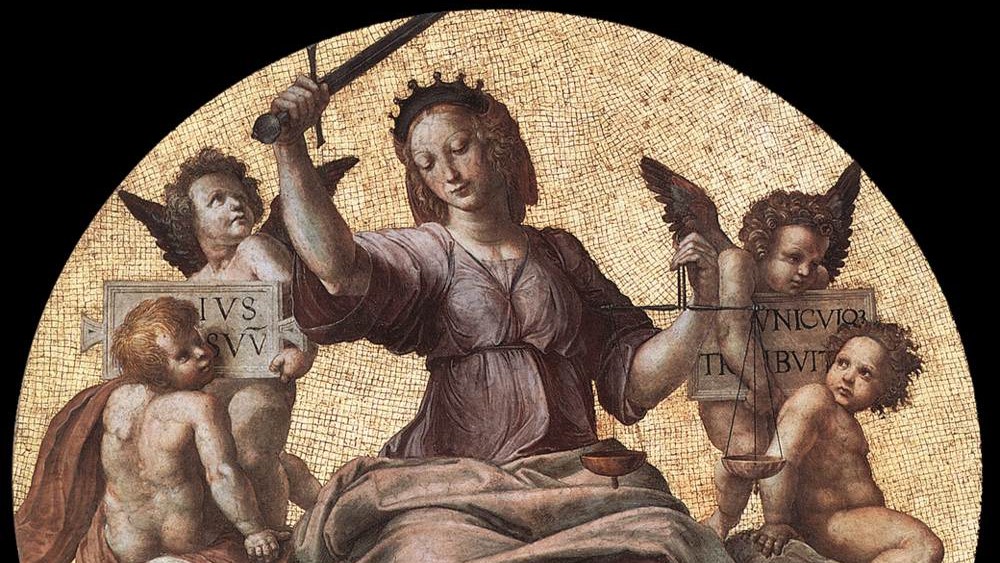The rule of law debates could have a drastic effect on the future of the European Union. The schematic transfer of institutions serving justice and the rule of law to the European level may endanger democracy and in particular the original conception of the rule of law.
The issue of the rule of law in the European Union has become a highly debated topic in recent years. The focus of political debates has been primarily on the affairs of certain member states, notably those of Poland and Hungary, although it would be extremely important to examine the criteria of the rule of law and also the danger of the concentration of power at the continental level. Of course, violations of the rule of law must not lead to corruption or abuse of power in the member states. However, a schematic “transfer” of the institutions that serve the rule of law to the EU level could particularly endanger the essence of the rule of law.
In order to understand this, it is first necessary to reflect on what the basic idea of the rule of law has been, what problems exist between law and state and how all this relates to the institutional system of the European Union.
Law and Order
Many demand that the European Union’s decision-making mechanisms—including the time-consuming disputes with the member states—should become simpler and more effective.
This view was ultimately shaped not by the arguments of other political-legal thinkers, but by the grave abuses of power of the totalitarian political systems of the twentieth century and by the horrors of the Second World War. How can governance be assured in the face of abuses of power and the tyrannical exercise of power by the means of law? This question became a concrete directional indicator for political and legal theoretical thinking after the Second World War. As a solution, a number of legal institutions were created, international institutions and judicial forums, human rights declarations and constitutional guarantees were established. In addition, following the principles of neo-liberalism, attempts were made to shift the role of decision-making to the market instead of politics. However, while the value and experience of these efforts should not be underestimated, developments in the first decades of the twenty-first century showed that they could not resolve the immanent relationship between state power and law. In fact, the legal limitation of power still requires an ongoing struggle, with no institutional model prevailing as a last resort. If we think of the activities of the various constitutional judicial forums, whose role—incidentally—was also emphasized by Hans Kelsen, it is indeed not only the problem of the so-called “jurocracy” and its controversial relationship to democracy that arises. It is enough to think of the political battles concerning the Supreme Court of the United States. According to this, there are more and more cases of court decisions that strongly affect the privacy of citizens and that can be influenced by the ideological and political convictions of the judges. The tension—articulated by Neil MacCormick, among others—between the rule of law and sovereignty also appears problematic. Legally sovereign is the one who can create the laws. However, modern interpretations of the rule of law give the appearance that a sovereign decision-maker is no longer essential. This notion is problematic for the relationship between the member states and the European Union from a theoretical as well as a practical point of view: while the rule of law criteria are mainly directed at the member states, the Union, at least since the Flaminio Costa decision (1964) has been trying to develop an independent legal order. From a practical point of view, some want to draw attention, on the one hand, to intensifying economic competition as well as to a more recent arms competition with global powers such as China and the United States; on the other hand, many demand that the European Union’s decision-making mechanisms—including the time-consuming disputes with the member states—should become simpler and more effective.
The Nation States as Important Factors for the European Rule of Law
It should be noted that European Union law itself is not free from the tendency to expand certain positions of interest. Although the European Union is not yet a superstate, the schematic enforcement and shifting of rule-of-law and judicial criteria and institutions to the “European level” could lead to a drastic restriction of the democratic room for manoeuvre of the nation state governments and, at the same time, to the possibility of a significant concentration of power in favour of the Union’s institutional structure. The Union still has a very vague vision of the future and an unclear political vision.
At this point, we will only briefly refer to three major developments: First, to a radical interpretation of judicial independence in the name of the rule of law, which, in practice, can lead to an extended independence vis-à-vis the polity of the member states. The Court of Justice of the European Union has confirmed several times in recent years, including in different 2018 decisions concerning Portugal and Poland that the enforcement of judicial independence is not only an obligation for the EU, but also for the member states. In other words, judges working in national court systems must also enjoy “full autonomy” and judge on behalf of EU law. It is no coincidence that shortly afterwards proceedings were initiated against Poland for infringement of the Treaty, with Poland in the process of reforming its judicial system.
The other notable development is the idea of extending the powers of the so-called European Public Prosecutor’s Office (EPPO). The EPPO would then no longer be responsible only for fighting terrorism, but also for other “cross-border” crimes and crimes against the ‘financial interests of the EU’. Closely related to this is the third aspect of the gradual expansion of the European Union’s criminal law competence in general, since the Lisbon Treaty has given the former third pillar, i.e. police and judicial cooperation in criminal matters, a supranational character, with certain restrictions.
Despite the so-called ‘conferral of power’ and other guarantees protecting the member states as ‘masters of the Treaties’, these above trends seem clear. To date, the European Union finds itself in an exceptional situation: no other superpower possesses, as it does, member states with such specific and autonomous constitutional traditions that would provide a unique opportunity to share powers between member states and between member states and the European Union.
Political disputes or not, it is precisely this kind of power-sharing structure that could most secure the original idea of the rule of law and democratic value debates in Europe. And it is precisely for this reason that it would be important to guarantee the member states a certain degree of legal sovereignty in the longer term.








